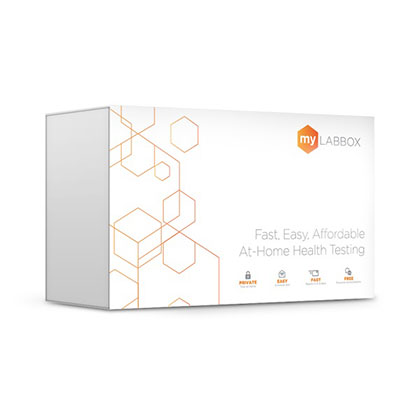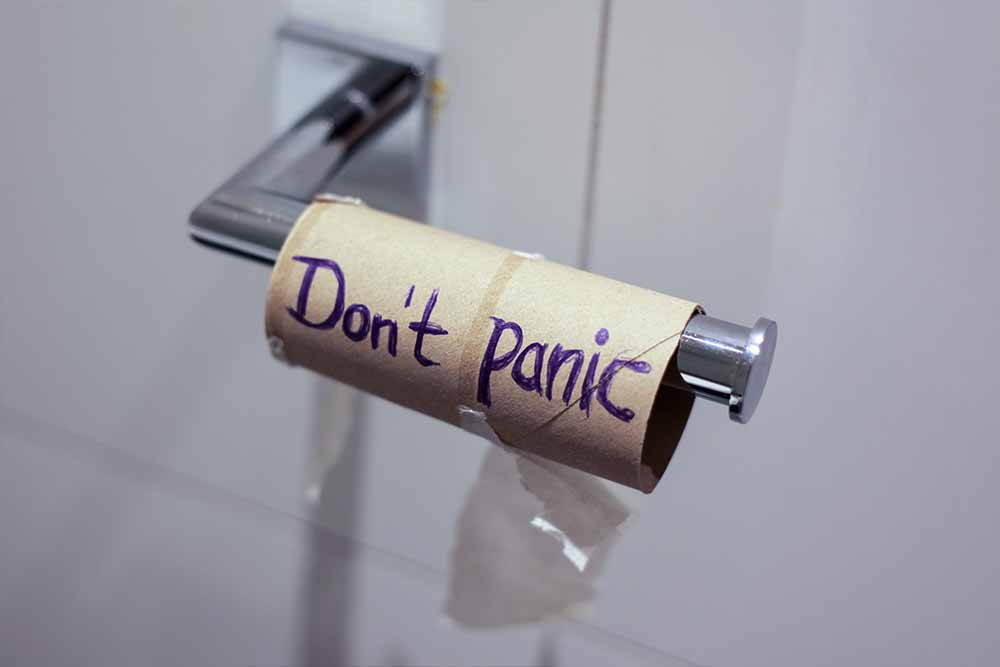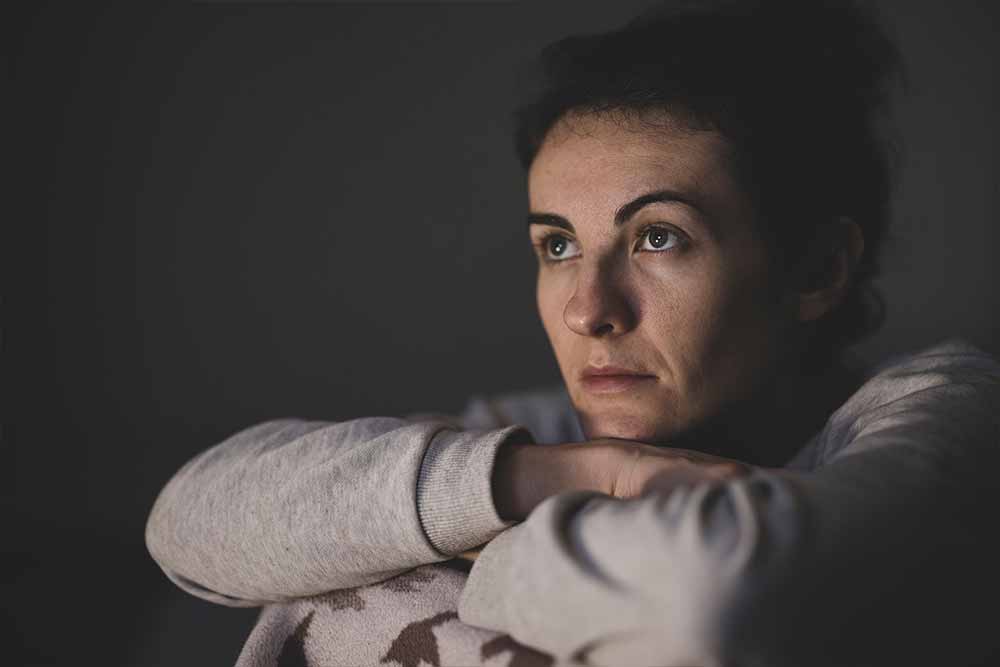Definition
HIV stands for human immunodeficiency virus. It is a sexually contracted illness where a virus damages the cells in your immune system. If it is left untreated it causes you to fall ill as it weakens your ability to fight infections and disease.
If it is left to damage the immune system beyond repair, a person with HIV will be vulnerable to more life-threatening infections that they can not recover from. This is known as acquired immune deficiency syndrome or AIDS.
Symptoms
Signs & Symptoms of HIV
- Flu-like symptoms
- Weakened immune system
HIV weakens the immune system, so it can present itself with flu-like symptoms, which normally occur between 2-6 weeks after contracting the illness.
Symptoms of HIV are likely to then disappear for long periods of time, while the virus remains silent and progressively attacks the immune system.
Treatment
How Is HIV Treated?
There is no cure for HIV, but modern treatment in the form of antiretroviral medicines (tablets) stops the virus from replicating which allows the immune system to repair after any damage has been caused by the illness.
This may seem like a constant battle to keep up with the virus as it attempts to grow and attack the immune system. However, with a combination of medicines, experts can now treat HIV and keep it dormant enough to be undetected.
This does not mean cured, but it does reduce the presence of the virus in the system enough to be deemed undetectable by testing which significantly reduces the risk of passing HIV on to others.
Living With HIV
Those living with HIV are encouraged to lead healthy leaves to strengthen their immune system through better diet and exercise.
Flu vaccines are suggested by healthcare professionals who advocate for boosting the immune system against common flu infections
Infection
How Do You Get HIV?
HIV is passed on through the transmission of body fluids from an infected person. This includes semen, vaginal and anal fluids during sex, blood and also breast milk past onto a feeding baby. It cannot be transmitted through sweat, urine or saliva.
HIV is most commonly contracted through vaginal or anal sex without a condom, but can also be passed on through the sharing of needles.
A mother can pass her infection onto her baby during pregnancy as well through breastfeeding.
Risks
Is HIV serious?
HIV is very serious and life-threatening. If HIV is left untreated, it attacks the immune system causing irreparable damage and progressing to acquired immune deficiency syndrome also known as AIDS.
Certain demographics are more at risk of contracting HIV according to NHS UK
- people with a current or previous partner with HIV
- people with a current or previous partner who is from an area with high HIV rates
- people who are from an area with high HIV rates
- people who engage in chemsex (using drugs to help or enhance sex)
- men who have unprotected sex with men
- women who have unprotected sex with men who have sex with men
- people who inject drugs and share equipment
- people who have unprotected sex with somebody who has injected drugs and shared equipment
- people who share sex toys with someone infected with HIV
- people with a history of sexually transmitted infections, hepatitis B or hepatitis C
- people who have had multiple sexual partners
- people who have been raped
- people who have received a blood transfusion, transplant or other risk-prone procedures in countries that do not have strong screening for HIV
- healthcare workers who could accidentally prick themselves with an infected needle – but this risk is extremely low
- babies born from a parent with untreated HIV
Diagnosis & Detection
How is HIV detected?
The only way to diagnose HIV, is through an HIV test. The window period (the time it takes to show up on tests), can be up to 3 months.
So it is important to retest over those periods if you believe you have come into contact with HIV. Negative tests do happen if testing is done too quickly after contracting the infection.
myLAB Box offers at-home STD testing through kits that you buy discretely online and take privately at home.

myLAB Box – HIV Test
Human Immunodeficiency Virus (HIV). Results are obtained using a Combo Antigen/Antibody ELISA for the qualitative detection of HIV p24 antigen and antibodies to HIV type 1 (HIV-1 groups M and O) and HIV type 2 (HIV-2) in human blood
$79.00

myLAB Box – Syphilis Test
Test for the 8th most common STI and screen from the comfort of your home with a simple finger prick blood collection kit.
$89.00

myLAB Box – Trichomoniasis Test
Screen for Trichomoniasis (“trich”) from the comfort of your home with a simple urine collection and area swab kit. Trich is considered the most common curable STD.
$89.00

myLAB Box – Mycoplasma Genitalium Test
Mycoplasma genitalium has been recognized as a new and important sexually transmitted infection. Mycoplasma genitalium is a sexually transmitted bacterium that was first identified in the early 1980s. Testing has only recently become available for use in clinical settings.
$89.00
Read our myLAB Box review for information and opinions on tests and services.
Other Types
Are There Other Types Of HIV?
HIV develops into AIDS where the immune system is beyond repair.
Prevention
How Do You Prevent HIV?
You prevent HIV like with any other STD, by being responsible and wearing protection during sex in the form of a condom. But also by being honest with your sexual partners about your sexual history and maintaining a regular testing program if you are sexually active.
Pre-exposure prophylaxis – PrEP
A drug taken by people who do not HIV that reduces the risk of getting HIV.
Post-exposure prophylaxis – PEP
An emergency treatment that can stop an HIV infection taken within 72 hours of possible exposure to HIV to prevent HIV infection








